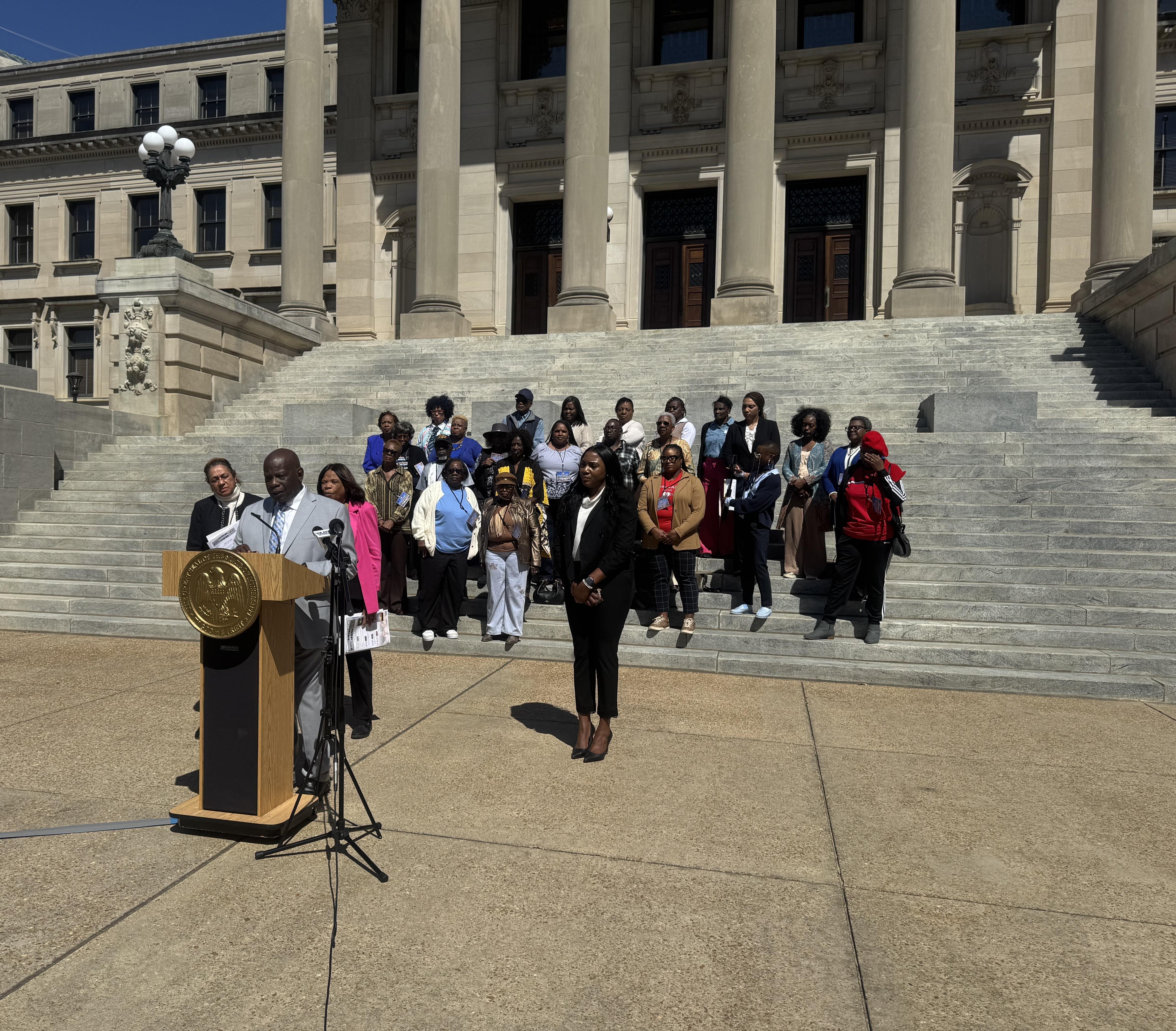Currently, about 30% of Mississippi's state revenue comes from individual income tax.
Oleta Garrett Fitzgerald is the Southern regional director for the Children’s Defense Fund. She says the call to legislators is part of an effort of multiple partnering organizations which they’ve called “The Urgency Is Now.”
“It started well before the last election, where we are working in communities across the state of Mississippi, making sure that people and community understand the issues that impact their lives and how important it is for the representation to be concerned about those issues and the well-being of their communities, their children, their families, their economies,” Fitzgerald said.
She says people living in underserved communities in Mississippi often don’t have strong tax bases.
“So when you pull money out of a public school district, you don't have anywhere to raise after lowering taxes,” Fitzgerald said. “You don't have any property value, no property to raise taxes on.”
Kyra Roby is a policy analyst with One Voice. She says she’s concerned that both tax cuts would disproportionately benefit the ultra wealthy in Mississippi.
“States like Arizona, Kentucky and Ohio have tried similar policies, and the result was budget crises, school funding cuts and crumbling infrastructure,” Roby said. “We cannot afford to repeat this mistake in Mississippi. Mississippi deserves better.”
While the House bill would eventually eliminate the state income tax completely, the Senate bill does allow some income tax revenue to continue. Roby says this isn’t enough.
“Even the Senate plan, while cutting taxes for everyone, would give the top income earners a $13,000 tax break, while average Mississippians will see a savings of just $300 a year,” she said. “There's barely enough to cover a gallon of milk a week. Meanwhile, the lowest income Mississippians would save only $40 per year, just enough to buy a loaf of bread once a month.”
Dr. William Truly is the mayor of the city of Canton in Madison County. He says cuts to state revenue, coupled with possible decreases in federal funding, could prove disastrous for low income residents.
“I ask the Mississippi Legislature to give serious consideration of how poor people, poor whites and poor black in your community are going to survive because there's no exit strategy,” Truly said. “There's no salvation. There's no path.”




